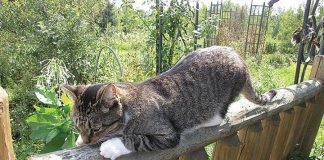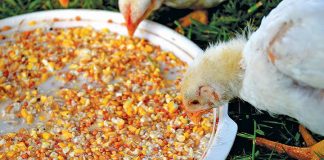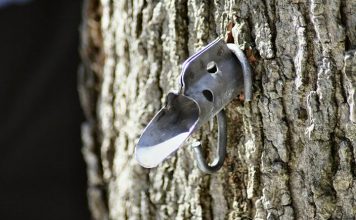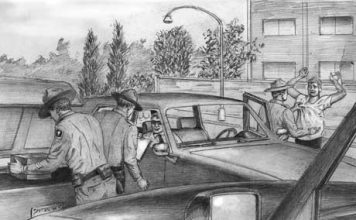 |
|
| Issue #83 • September/October, 2003 |
There are valuable life lessons to be learned from realizing you’re not very good at a lot of things, even at things you think are important to be good at.
My lessons began in 1959, when I was 15. As a third string quarterback for Cathedral High School in Boston, I really wanted to be a great football player, but as I sat in the half time locker room of Franklin Field, with our team being massacred by powerful Matignon 50-something to nothing, things seemed bleak. Coach Tatter, who would never recognize my talents, looked down at our silent, sullen faces for only a few seconds before he bellowed, “We stink!” I can’t remember the rest of the pep talk, but it was brief.
I knew he was right, and if “we stank,” I must really have stunk because I was third string. Matignon, lead by future pro quarterback Jack Concannon, continued to pound us the second half, and we lost by the score of 90 to 6. The coach did not speak to us after the game, and I quit the team next year because I couldn’t endure the embarrassment of being third string on a lousy team in my senior year. I wasn’t convinced then that I stunk, but I had my suspicions.
Now that I am 59, and having spent a lifetime testing myself at various sports without success, I have taken up my final sport, golf, on the theory that it will reduce stress and improve my health. I had played golf years before, poorly, but this time around I took lessons from a teaching pro. It became apparent to me immediately that I was better than I had been years before. In fact, I thought I was so good that I forgot all about my stress and told my wife I would master the game, then join the Pro Senior Tour and make my retirement living that way. She believed me and bought me a set of “professionally fitted” golf clubs for Christmas.
It’s been a year now, with several sets of lessons from the pro having been diligently digested and practiced, and the stress that led me to the game has been forgotten as I continue to immerse myself in the joy of playing. But my game has not reached the pro level. In fact, I am not very good at all. Progress comes slowly, almost imperceptibly, and despite my ardent practice, some days my golf absolutely stinks. At my local course, called Salmon Run, which admittedly is a tough Oregon woods and ferns-lined course where the slightest deviation from the fairway means a lost ball, I lose an average of 30 balls per round. Luckily I’ve found a place to buy good used balls for 33 cents each.
A few months ago I began to suspect I would never get very good at golf. And in the last few weeks I have begun to accept what last year was the unthinkable: I stink at golf too.
But unlike high school football where my personal esteem was founded upon youthful pursuits, I’ve decided it’s okay that I stink at golf, and I plan to increase my participation in this enjoyable, relaxing sport.
I generally take my three young sons with me, and I pay them whenever they do well: a dollar for bogey, $2 for par, and $5 for birdie. Only one, Robby, has ever collected on a birdie as they show signs of having talents similar to mine.
But golf got me to thinking. I’ve stunk at a lot of things like golf, but I’ve succeeded at other, more mundane things, like being a good father and a good husband.
In the sometimes difficult transition from failed high school quarterback through failed golf pro, I’ve finally come to understand that failure is only a rudder that steers you towards success. Each failure turned me towards something else. When I failed at football, I turned to track in college. When I failed at both track and college, I turned to U.S. Army enlistment, and when I failed at that (I at least got an honorable discharge), I became a newspaper reporter, where I finally found moderate success. Then I became a Defense Department technical writer, with a little more success, and finally this magazine’s publisher, which is a total success. I just had to be patient, I realize, not get down on myself, not blame others for my failures, and keep trying.
Mr. Tatter was right when he told us high school athletes that we stank, but he probably should have added the caveat: “But don’t worry about it. Life’s going to be full of these shellackings. Just go out the second half and give it all you can.”
I’ve been examining my life with its failures and successes lately, in part because I have partially retired from the magazine so I have more time to engage in such retirement pastimes as reflection. I think it was Shakespeare who said, “It is far better to have stunk at golf, than to have failed at life.”
Or was that Homer?













